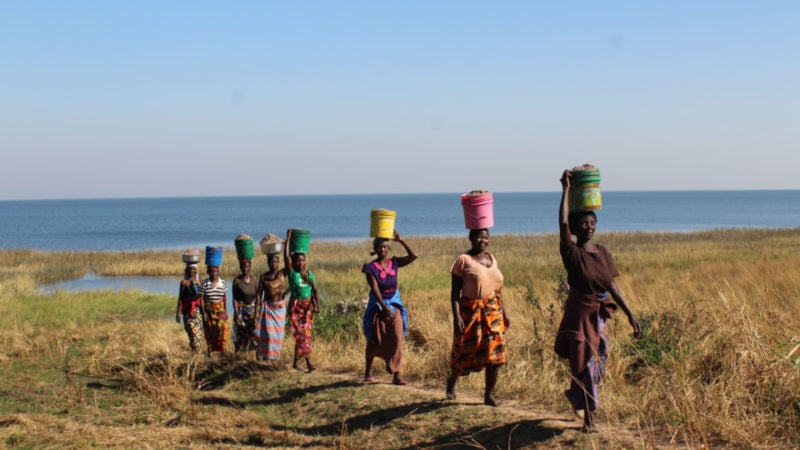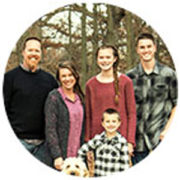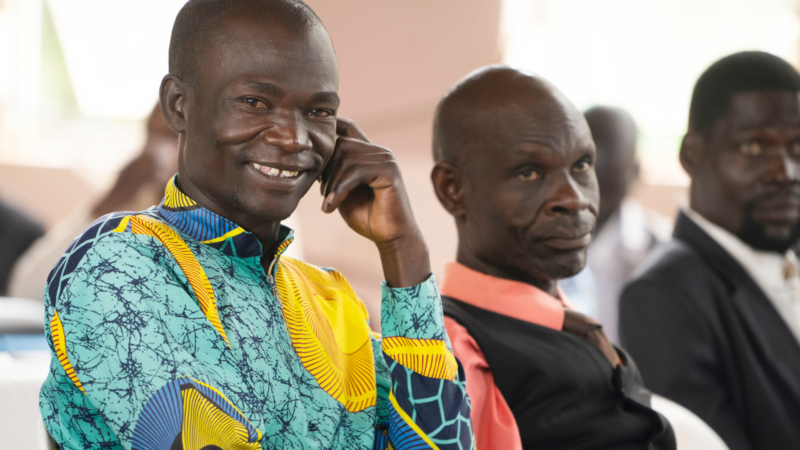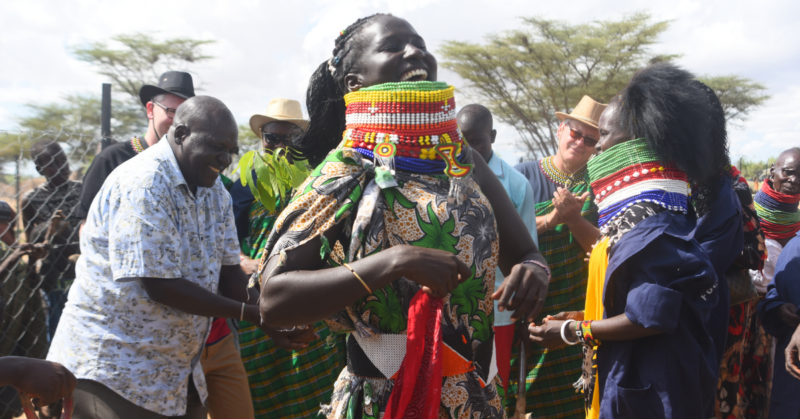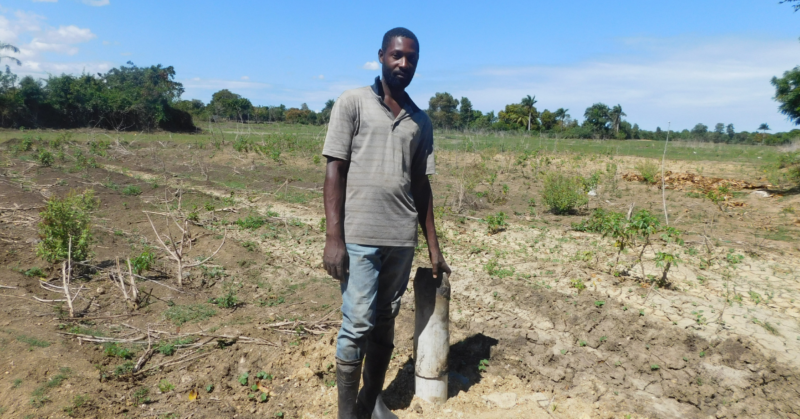DRINKING WATER ALERT – BOIL YOUR WATER BEFORE USING IT.
Nope. I didn’t see that sign while traveling in a developing country, or in a community putting itself back together after a natural disaster. This was a notice that was posted on the front door of my suburban home when I returned from work last Friday.
I read on to learn that the E. coli bacteria had been found in our village’s water supply. The water was being treated, and as soon as it was tested twice in a row and found clean, the boil alert would be lifted. Until then, we were forced to boil our water or purchase it bottled.
Right away I wanted more information. What were the symptoms of an E. coli infection? Could we still use the shower? How long had our water been contaminated before the village made the discovery? In my quest for answers, I found an online site where my neighbors were sharing the information and leaving comments.
People were scared, angry, annoyed and, if I may say this as gently as possible, a little bit whiney and entitled. I say this as someone who probably would’ve had the same reactions before being employed at Bright Hope.
You see, in 2010, about 780 million people still lacked access to an improved source of drinking water (improved sources being something like a piped connection in their dwelling, a borehole or a protected spring), according to the Centers for Disease Control.[1] That’s 780 million people on a regular basis who have no other option but to get water from an unprotected well or spring, or to drink surface water from a river, lake or irrigation channel.
According to another website, as of nine years ago, women and children in certain parts of Africa and Asia walked over 3.6 miles for water, and then had to carry the jugged water, weighing about 20 liters (44 pounds), back home on their heads![2]
Knowing that I share the world with millions of people who are forced to drink dirty water, or who have no other option than to walk miles carrying a heavy water jug home, really put my little inconvenience into perspective. In the past, I might have shared some of the same concerns as those my neighbors posted on social media, but now I have a different response.
This eye-opening experience has made me grateful. Knowing that on an average day I can turn on the faucet and pour myself a glass of clean water, wash a piece fruit with water from the tap, or bathe my child without fearing he will get sick, is a privilege and a gift.
Yes, it was mildly inconvenient to be on “boil alert” for 48 hours. However, I refuse to complain. Rather, I pledge to pray and act on behalf of those who always live on “boil alert,” encouraging others to do the same.
[1] World Health Organization and UNICEF. Progress on Drinking Water and Sanitation: 2012 Update. United States: WHO/UNICEF Joint Monitoring Programme for Water Supply and Sanitation; 2012.
[2] Water for the Ages. 10 Facts on Women and Water. December 2, 2009.

